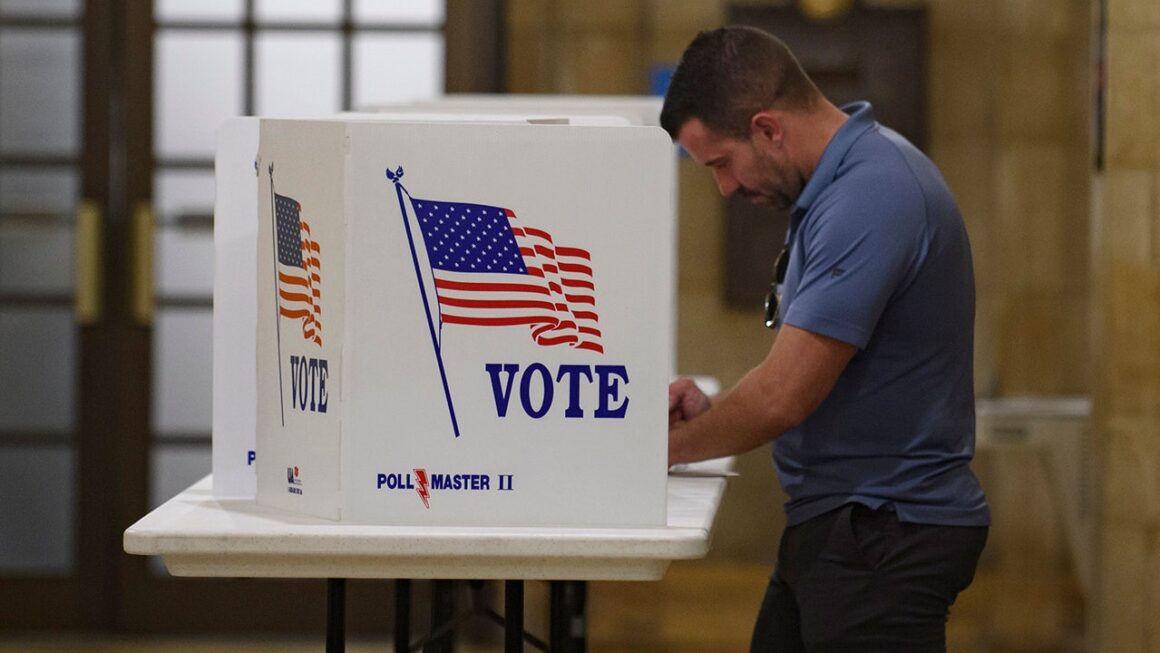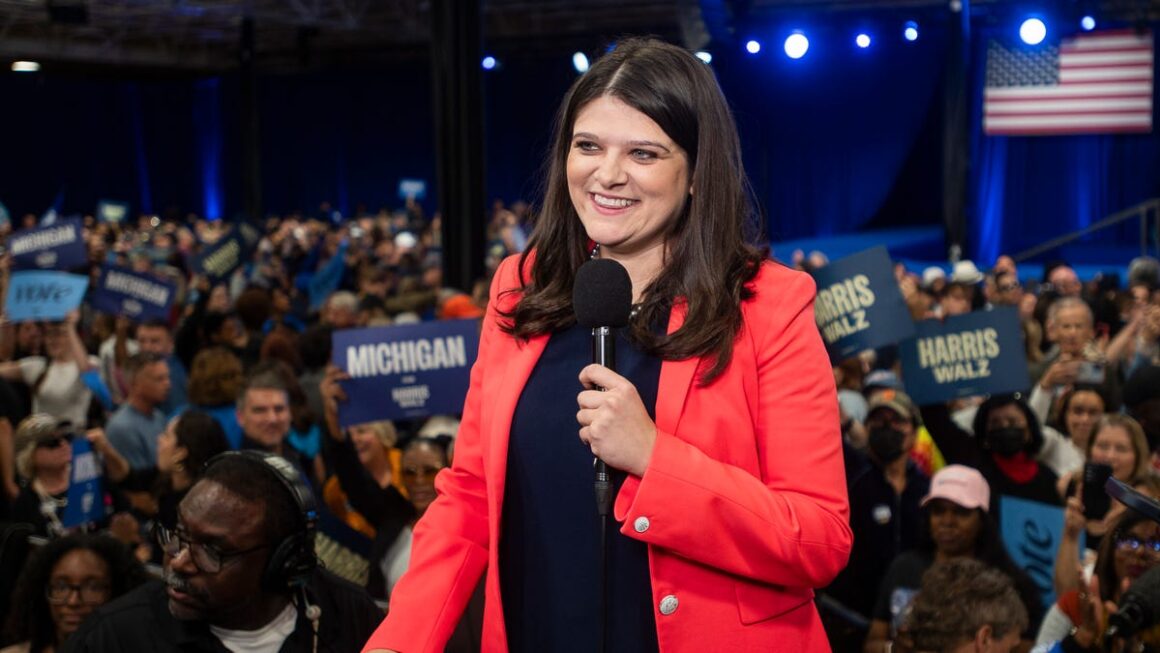Former President Donald Trump is taking his case against former South Carolina Gov. Nikki Haley to an usual audience: the overwhelmingly Democratic viewership of MSNBC.
The 30-second TV spot blasts Haley, who served as Trump’s ambassador to the United Nations, for proposing an increase in Social Security’s retirement age for future retirees. The segment, which the Trump campaign posted on X on Thursday, includes a news clip in which Haley says that the country must raise the retirement age for people in their 20s to “reflect life expectancy.”
“Americans were promised a secure retirement. Nikki Haley’s plan ends that,” the narrator says as footage of a diverse array of seniors appear on screen.
Semafor reported on Saturday that the Trump campaign was deliberately airing the ad on MSNBC to reach Democrats who are considering voting for Haley in New Hampshire’s open primary.
New Hampshire, where even Republican voters lean a bit more libertarian than “MAGA,” is the early primary state where Trump is most likely to suffer an upset defeat.
Haley has been climbing in the polls in the Granite State. As of Sunday, she trails Trump by just 11 percentage points, according to an average of public polls.
Axios reported on Sunday that Haley stands to pick up support from Democrats and independents in the Iowa caucuses on Monday. Several of those voters told Axios that they are caucusing for her in a bid to block Trump’s path to the Republican nomination.
The Trump campaign has apparently concluded that Democrats and Democrat-leaning independents are part of her base of support in New Hampshire as well.
But hitting Haley for wanting to cut Social Security could also help Trump with some conservative voters wary of attacks on the popular social insurance program.
“The vast majority of Americans want their Social Security and Medicare benefits preserved: not just Republicans, not just Democrats, but independents,” Trump campaign advisor Chris LaCivita told Semafor.
Haley campaign spokesperson Olivia Perez-Cubas told Semafor that the ad shows that Trump “is terrified of Nikki Haley’s rise.”
“This is a two-person race between Nikki’s conservative vision for a strong and proud America and Trump’s continued obsession with the chaos and drama of the past,” she added.

When Trump first ran for president in 2016, he broke with Republican orthodoxy on the question of Social Security and Medicare ― the universal social insurance programs often called “entitlements.”
He promised to protect Social Security, Medicare, and even Medicaid, though his effort to roll back the Affordable Care Act would have dramatically restricted eligibility for the latter.
Election watchers widely see Trump’s relative moderation on Social Security and Medicare as a politically savvy move that helped his appeal with non-college voters in the Midwest who previously cast ballots for former President Barack Obama.
Florida Gov. Ron DeSantis, who was supportive of benefit cuts as a member of Congress, has likewise run for president as a defender of Social Security. He seized on it as a point of contrast with Haley in last Wednesday’s debate, arguing that many Americans have actually experienced a decline in life expectancy in recent years.
Haley is correct that, absent corrective action, Social Security is slated to lack the funds to pay out full benefits starting in 2034. The self-funded program’s finances are under strain due to the ongoing retirement of the massive Baby Boom generation.
But in the clip of Haley that Trump includes in his ad, she incorrectly states that the current retirement age is 65. In fact, the age at which retirees can claim full benefits has been in the process of going up for decades now. U.S. workers born in 1960 or later are only eligible for full benefits at age 67.
Retirement security advocates argue that the decline of traditional pensions has made Social Security a more important source of income for seniors. In lieu of benefit cuts for future retirees, they tend to emphasize the need for greater revenue, such as by lifting the cap on taxable earnings. Higher-earning workers currently only pay into Social Security on the first $168,800 they make per year.
![]()







